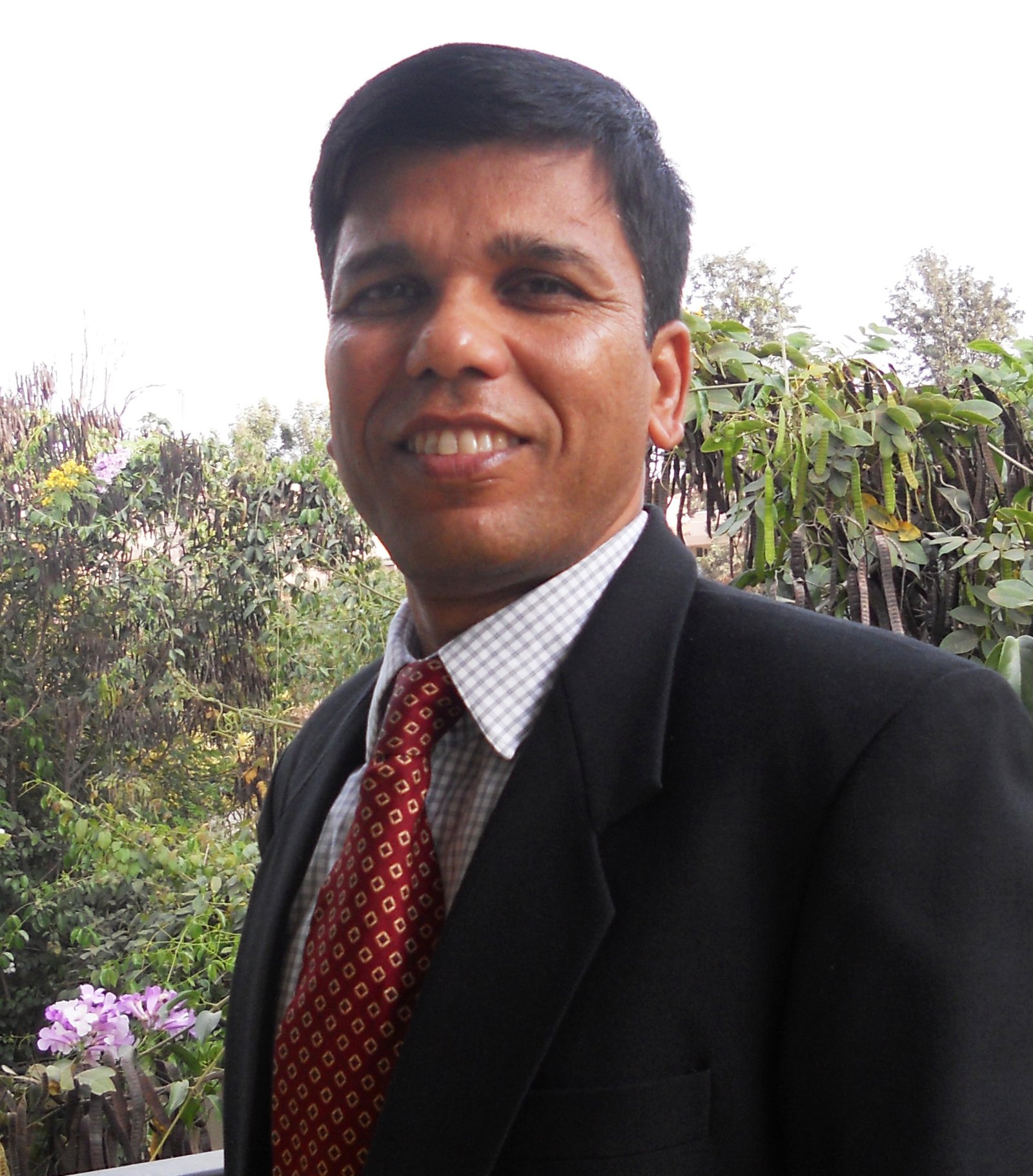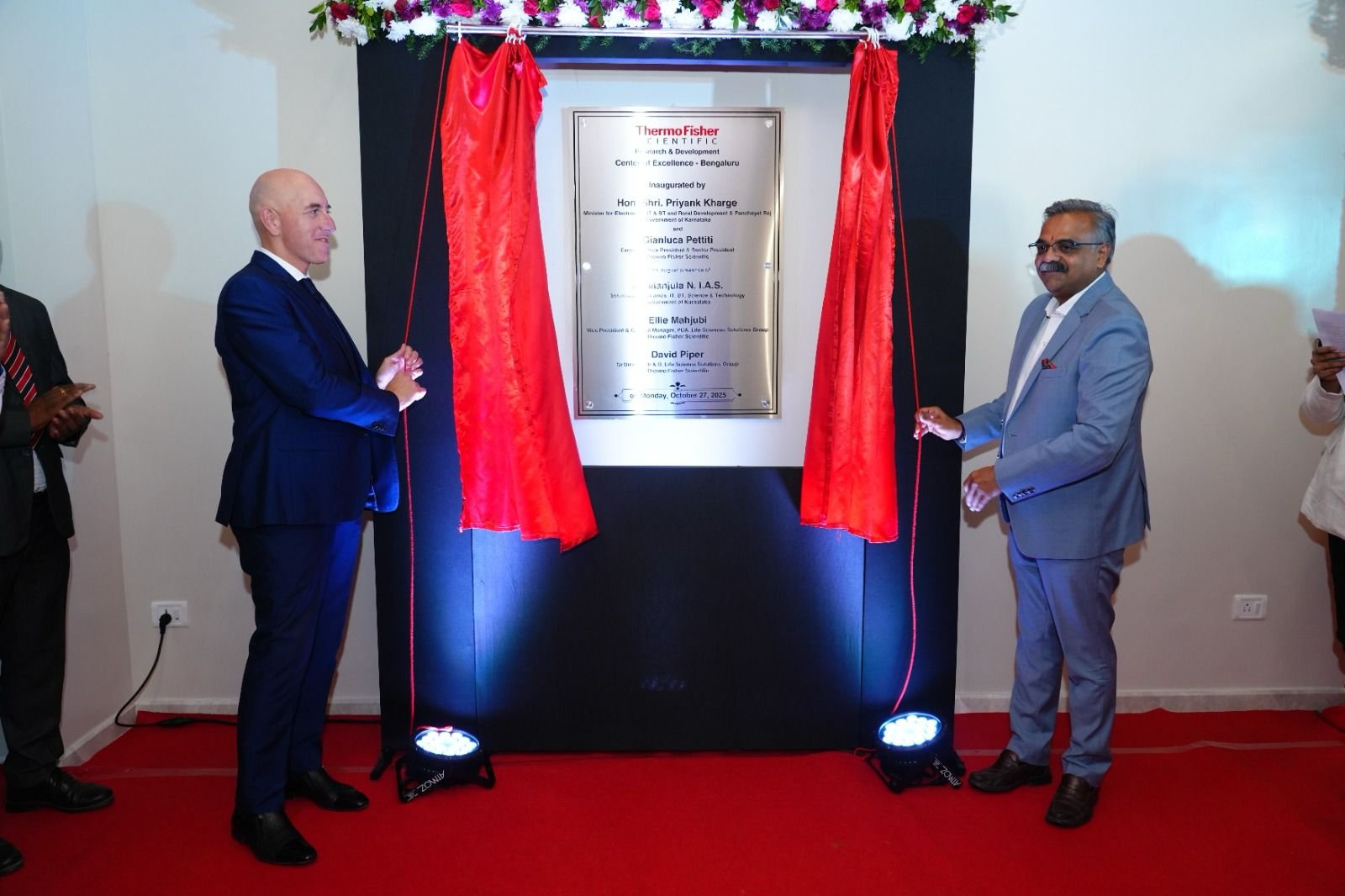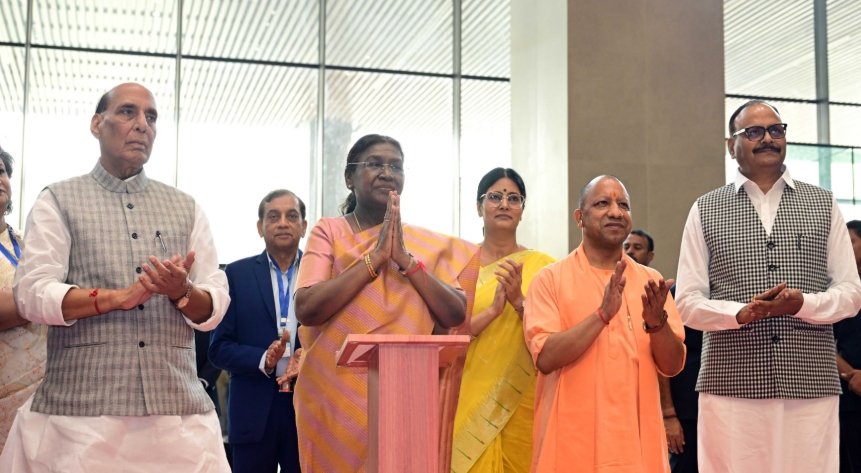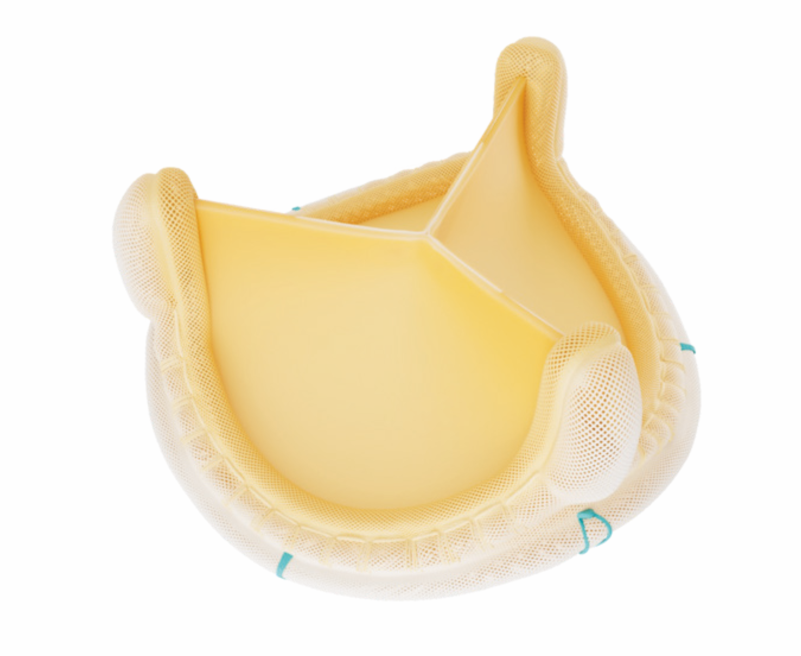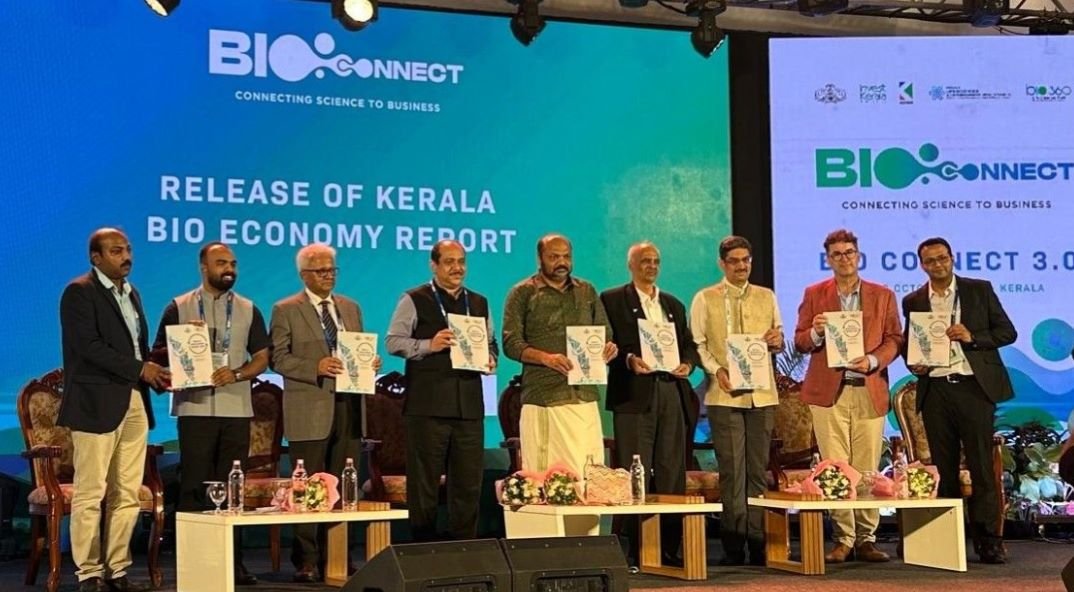"We decided to base our operations in India, as it was the only way to make the technology truly affordable "
March 29, 2013 | Friday | Features
"We decided to base our operations in India, as it was the only way to make the technology truly affordable "
Dr.Pradip Mazumder, CSO,Mitra Biotech
My co-founders and I come from a long line of academicians, who started a spinoff company based on their research. After my post-graduation in pharmacy, I proceeded to do my doctoral studies on transcriptional regulation of steroid receptors in prostrate cancers at the All India Institute of Medical Sciences. During a brief stint at Tufts University, I was invited by a professor to join his lab at Harvard, where I did my post-doctoral research. My experience at Harvard, where I continue to be an adjunct faculty member and my association with Merck, helped me learn the intricacies of cancer biology and study its various disease models.
Our proprietary platform technology for personalized medicine, Oncomics, was initially developed at Harvard and further honed in India. For example, in bacterial infections, we culture the bacteria and based on the growth pattern the doctor prescribes the necessary antibiotic. In cancer, such a mechanism is not there. From a genetic point-of-view, the same cancer in five different individuals will be different, and there are 50 different drug combinations for breast cancer alone. The selection of the drugs prescribed is random with the success rate of 20 percent in most cancers. A scientific tool was needed to tell, which drug will work for which person. The concept was there, we just developed the technology.
On realizing the potential of this technology, I along with my colleagues at Harvard and MIT, Dr Mallik Sundaram and Dr Shiladitya Sengupta co-founded this company. We decided to base its operations in India, as it was the only way to make the technology truly affordable and allow it to make an impact. We decided to name it Mitra, as our aim is to be a friend to the millions of patients suffering from cancer.
I think one of the biggest challenges that we faced, and that exists in the life sciences space in India is the lack of an ecosystem that encourages entrepreneurship. A link between academia, medical facilities and the industry was needed, and it was difficult to set this up, when we first started. However, it has been very encouraging on the people front, with various stakeholders expressing a lot of interest in our technology, giving us confidence that we can make an impact.
The oncomics platform is about creating a particular microenvironment that is required for the tumor cells to completely mimic the actual tumor cells in the body. The explant technology incorporates the necessary signaling pathways along with other necessary factors, such as ligands and paracrine factors, derived from the patient. These things help us mimic the patient's body environment and culture tumor cells with drugs available for that type of cancer. After the analysis of this as well as invivo studies, we can predict, which drug will be most efficacious in treating that particular type of cancer.
We are focusing on solid cancers prevalent in India. We hope to screen 2,000 patients by 2014 in order to get FDA approvals. We have validated this platform in many patients clinically, with an accuracy of over 90 percent. We are also using the generated data for developing anti-cancer drugs. We are in collaboration with pharma companies for three anti-cancer molecules, and are trying to determine which drug molecules and specific combinations can be most effective.
(As told to Manasi Vaidya)


